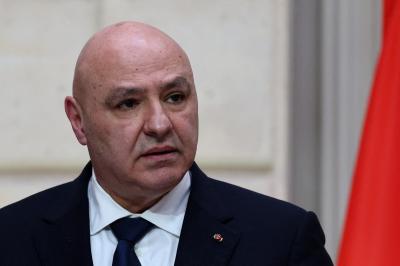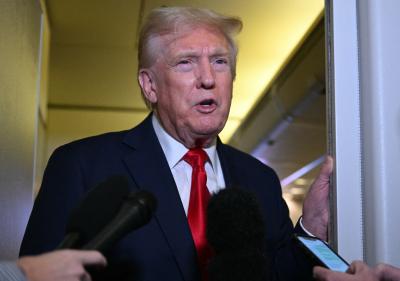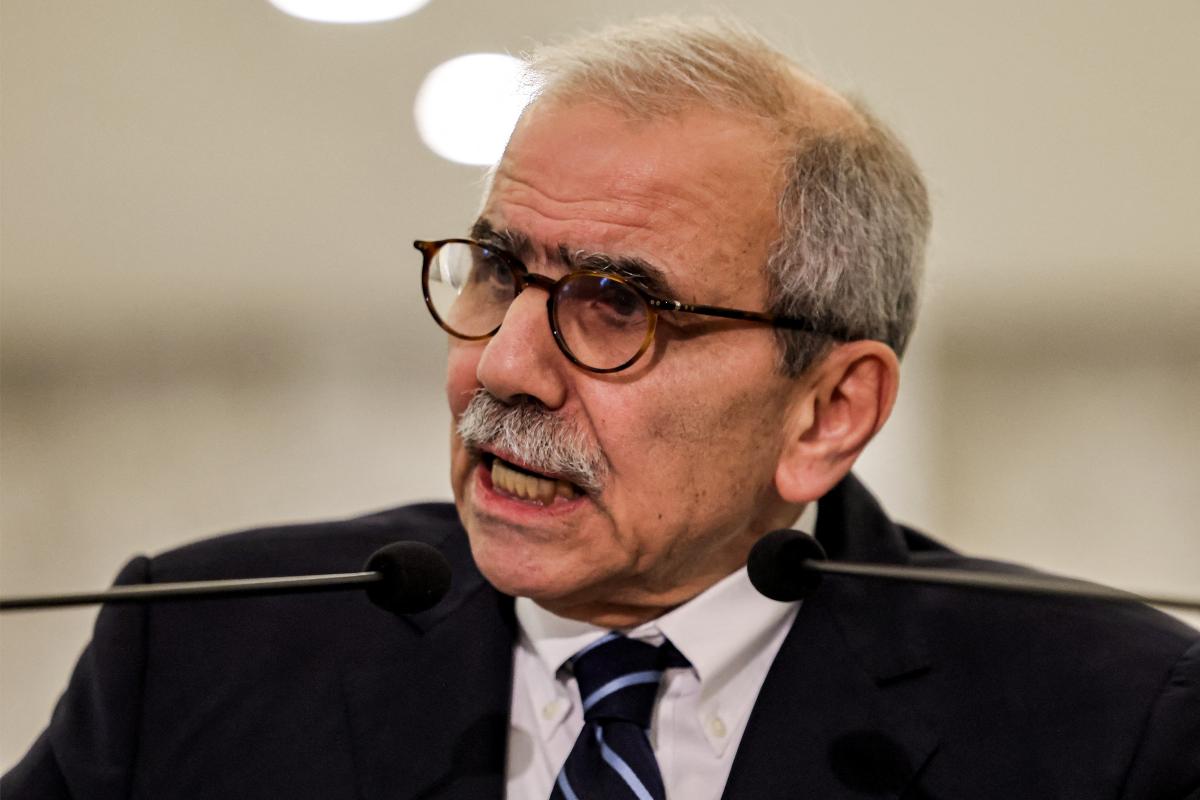Like most Lebanese, we welcomed with optimism the election of General Joseph Aoun as President of the Republic. His inaugural speech, delivered immediately after taking the constitutional oath to uphold the nation’s laws and protect its sovereignty, resonated with the people. He spoke a language that all Lebanese could understand—a language they had long needed to hear.
Our optimism grew when members of parliament focused on appointing former ambassador and President of the International Court of Justice, Nawaf Salam, as Prime Minister. Our hope was further reinforced by his first statement following his designation by the President to form a government.
We had expected that the newly appointed Prime Minister, with his extensive experience in diplomatic circles in New York and his expertise in international law in The Hague, would swiftly conduct non-binding consultations with parliamentary blocs and engage in direct talks with the President. The goal was to form the first government of the new mandate—one tasked with ensuring the full implementation of UN Security Council Resolution 1701 across the Lebanese territory, along with other relevant resolutions, particularly Resolutions 1559 and 1680. Additionally, it was anticipated that he would present an electoral law to parliament that would lay the groundwork for next year’s parliamentary elections.
Yet, nearly two weeks after his appointment, we are still at the stage of declarations of intent. The real work remains ahead, entangled in political maneuvering.
The Need for a Swift Government Formation
We never accepted, in the past, that the formation of a government could take more than two years—or not even one month, at the closest— just to adapt to the parliamentary blocs’ demands is a lengthy process.
The President knows that not all those who voted for him did so out of genuine conviction; some allegedly withheld their congratulations until they had reached an agreement with him.
The Prime Minister-designate also knows that not everyone who endorsed him did so in good faith or with national interest in mind.
Both leaders are fully aware that every delay in forming the government and initiating the new term diminishes their credibility, weakens the authority of the state, and postpones the much-needed reforms required by the Lebanese people and demanded by the international community as a condition for assistance.
If the President and Prime Minister-designate have remained silent about the obstacles hindering government formation, the political factions involved have been far less discreet. They have openly voiced their demands, even when these contradict the principles set forth by both leaders in their inaugural speeches.
A Government Free from Political Bargaining
Given this reality, we believe that the Prime Minister-designate must move forward in forming his government based on his own principles and those of the President—principles that were widely welcomed across the political spectrum.
This government must be composed of independent figures, with no obligation to include party-affiliated ministers. It should be diverse yet cohesive, functioning as a unified team without being burdened by political power-sharing formulas that have historically paralyzed governance.
There are pressing national issues that require immediate attention and cannot afford to be postponed:
1. The Security Situation in the South of Lebanon
The sixty-day deadline for the dual withdrawal from the area south of the Litani River has expired—Israeli forces were supposed to retreat, as were Hezbollah fighters. Yet, Israel has not fully withdrawn, and Hezbollah continues to issue threats. Meanwhile, residents have returned to some villages and are attempting to access others, where homes remain in ruins and reconstruction efforts have yet to begin.
2. Public Administration Vacancies
Government institutions remain crippled by sectarian-based political appointments, clientelism, and corruption, leaving key administrative positions unfilled.
3. Inflation and Taxes
The cost of living continues to soar, exacerbated by new taxes introduced in the proposed budget of the caretaker government.
4. The Education Crisis
Schools and universities—many of which had been repurposed as shelters for displaced persons—remain in disarray, putting the academic year at risk.
5. Municipal Elections
These elections are fast approaching, yet political leaders appear to be maneuvering to postpone them.
Time Is Running Out
The Prime Minister-designate must act swiftly, in coordination with the President, to form a government—today, not tomorrow. He must draft a ministerial statement that is clear, devoid of ambiguous political formulas, and present it to parliament to seek a vote of confidence.
If parliament grants confidence, the government can begin its work. If not, then at least it will have exposed the hidden agendas and true intentions of political actors, allowing for another round of consultations.
To be frank: opportunities are becoming increasingly rare, and with every chance that is lost, an even worse alternative takes its place.
We urge the Prime Minister-designate not to miss this opportunity.
 French
French















